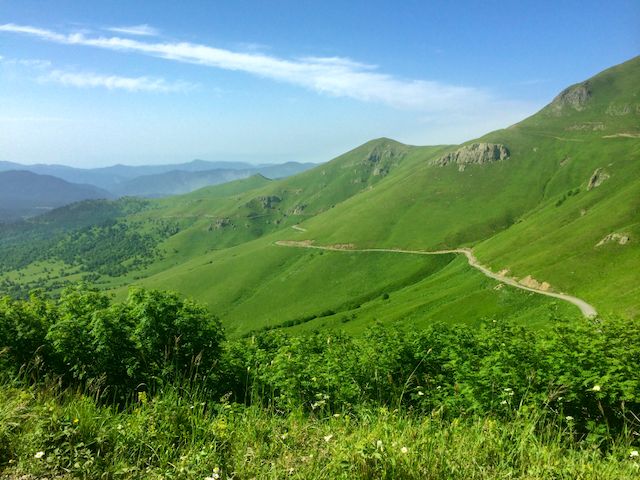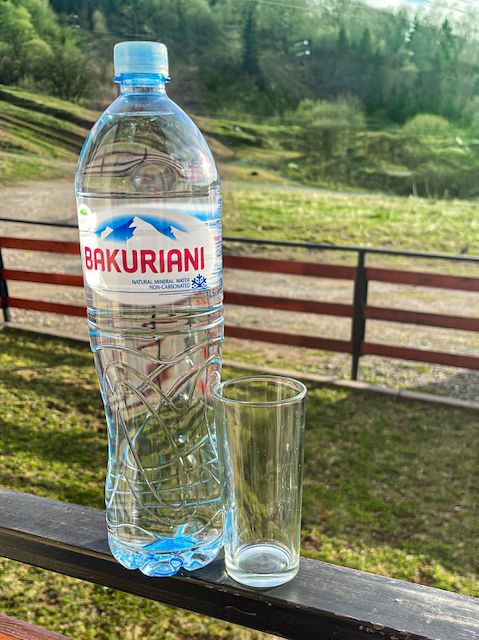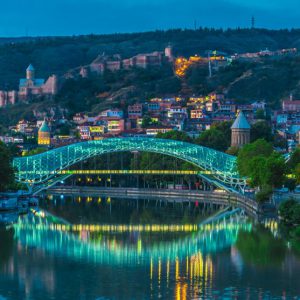During our recent travels through the stunning mountain town of Bakuriani, Republic of Georgia, my family and I stumbled upon something unexpected—a water so pure, it felt like tasting the mountains themselves. As a family that loves exploring and sampling natural spring waters around the world (some from elegant glass bottles, others straight from remote springs), we couldn’t resist diving deep into this one. Let me tell you about Bakuriani water, and how it stacks up against some of the best-known names globally.
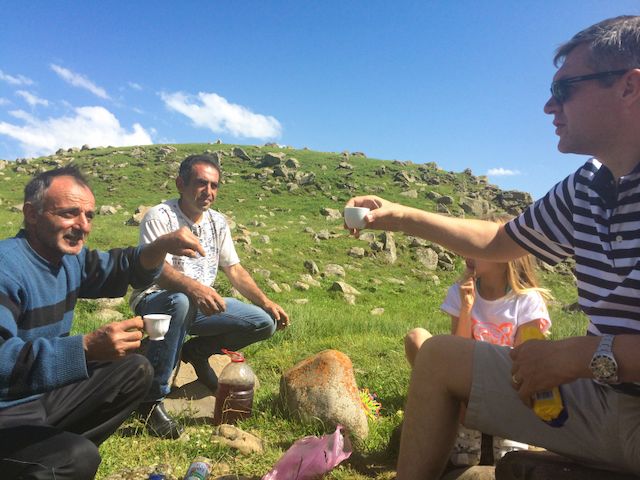
The First Sip: What Bakuriani Tastes Like
The first time we tasted Bakuriani water was at the source—literally. We had been hiking in the cooler air above 1,700 meters, where the trees were whispering and the sky stretched wide. Some friendly locals, with warm smiles and generous hearts, offered us a taste of the fresh spring water. It was soft, neutral, and refreshing without any metallic or mineral-heavy aftertaste. We didn’t expect to be wowed by water, but we were.
Its pH balance is around 7.2, which explains why it feels so smooth. Perfectly neutral, it’s not acidic or alkaline—just balanced. And for a family like ours, always looking for health-friendly hydration that doesn’t overwhelm the palate, this was a win.
A Natural Origin
Bakuriani water comes from the Borjomi region of Georgia, in the Lesser Caucasus Mountains. It’s naturally filtered through volcanic rock, absorbing trace minerals along the way, but stays lightly mineralized. This means it’s suitable for all-day drinking—even for kids and people with dietary sensitivities.
There’s something incredibly grounding about drinking water that you know came from ancient mountains. It connects you to the land. And maybe that’s why Bakuriani water feels less like a bottled product and more like an experience.
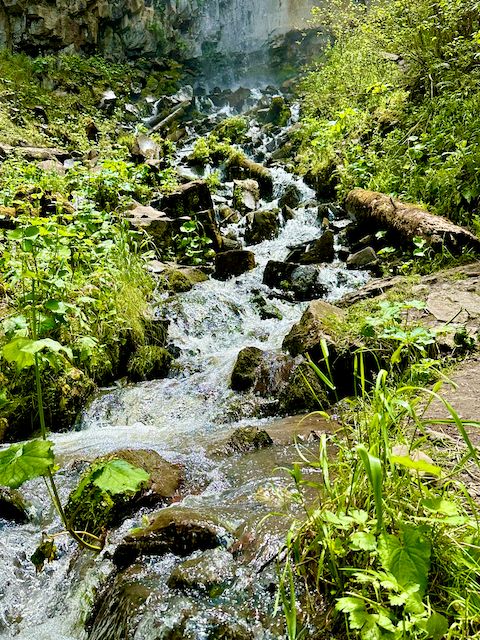
Our Side-by-Side Water Comparison
Because we couldn’t help ourselves, we did a little side-by-side tasting with some of the world’s “fancy waters” that usually top the lists: Evian from France, Fiji from the islands, and Voss from Norway.
- Bakuriani vs. Evian
Evian has a slightly heavier mineral taste, almost chalky at times. It’s refreshing, but it reminds you you’re drinking mineral water. Bakuriani, on the other hand, feels lighter and more neutral—almost like it vanishes on your tongue, leaving just freshness behind. - Bakuriani vs. Fiji
Fiji water is soft and smooth, no doubt, with a slightly sweet profile thanks to its silica content. Bakuriani is similarly smooth but less sweet, more crisp. It’s like the difference between biting into a green apple versus a ripe pear. Both are good—just different moods. - Bakuriani vs. Voss
Voss prides itself on purity and minimalist presentation (and a very cool glass bottle). Taste-wise, it’s very clean but also very “quiet.” Bakuriani has a bit more character—still incredibly clean but with a slight mineral whisper that hints at its volcanic mountain origins.
Final Thoughts
We’re not saying Bakuriani water is going to replace your favorite brand overnight—but if you ever find yourself in Georgia (and you should), don’t miss the chance to taste it fresh. It’s one of those little experiences that quietly stays with you: pure, simple, and somehow deeply satisfying.
Sometimes the best things you discover while traveling aren’t grand monuments or famous restaurants—they’re moments like standing in the crisp mountain air, sharing a smile with friendly locals, bottle in hand, and sipping the heart of the Caucasus.
